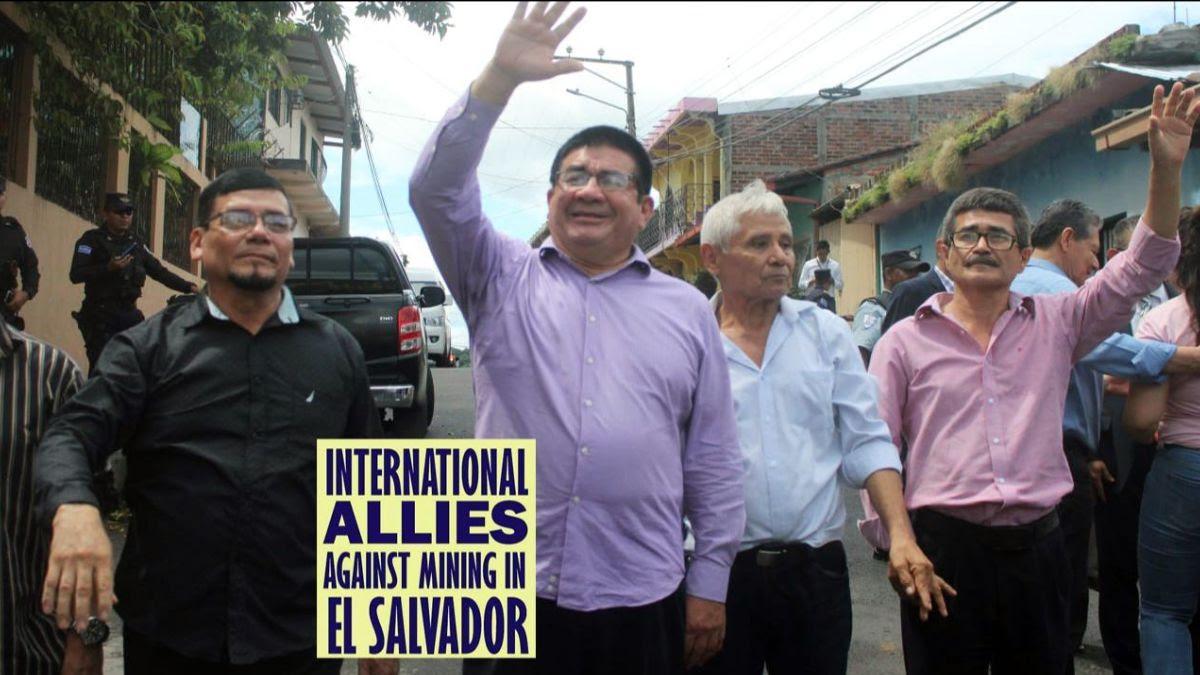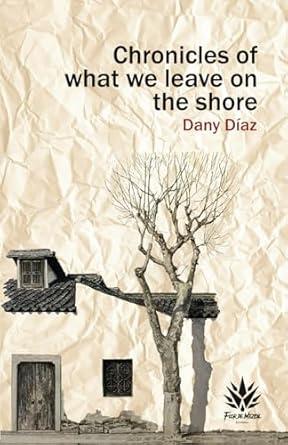Luis Carlos Coicué serves as governor of the Nasa Reservation Jerusalén San Luis Alto Picudito in Villagarzón (Putumayo Department), which has consistently denounced violence committed by all armed actors—guerrillas, paramilitaries and the Colombian National Army alike. Despite this, Nasa leaders have been falsely attacked on social networks, unfoundedly accused of protecting “some border commandos.” This slander has placed leaders like Luis Carlos Coicué at particular risk.
The level of danger was heightened in March when an armed man with his face covered delivered a written warning. The unsigned document, which named leaders and community members from the reservation, stated: “Every collaborator becomes a military objective of our block.” The notice came during a period of weeks when paramilitary organizations were occupying schools and churches; community residents were confined due to minefields and other unexploded ordnance. Because of imminent threats, community members held an assembly for 12 days straight as a strategy to safeguard their reservation.
When Governor Coicué and his wife received specific death threats in September (“tell your husband to stop causing problems or we’ll blow your head off”), the National Protection Unit assessed the risk to Luis Carlos Coicué as “extraordinary,” but they only offered him a cell phone and armored vest as protective measures.


